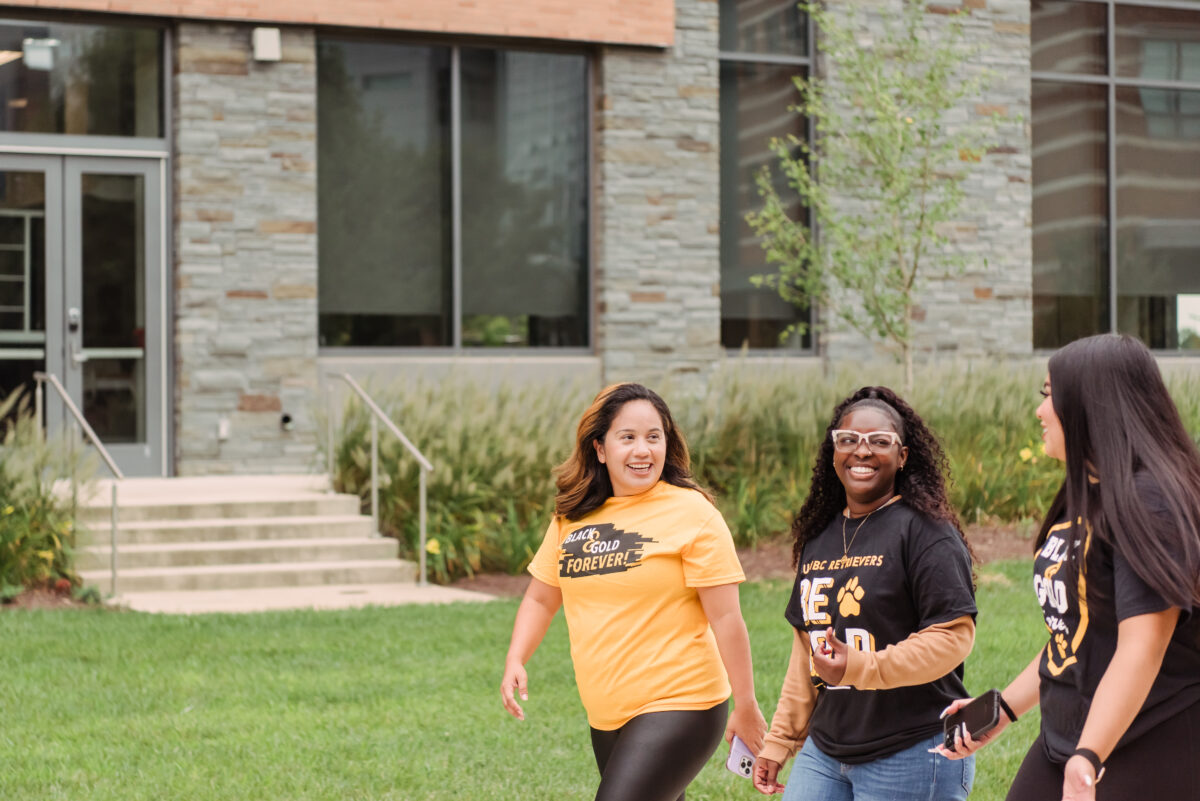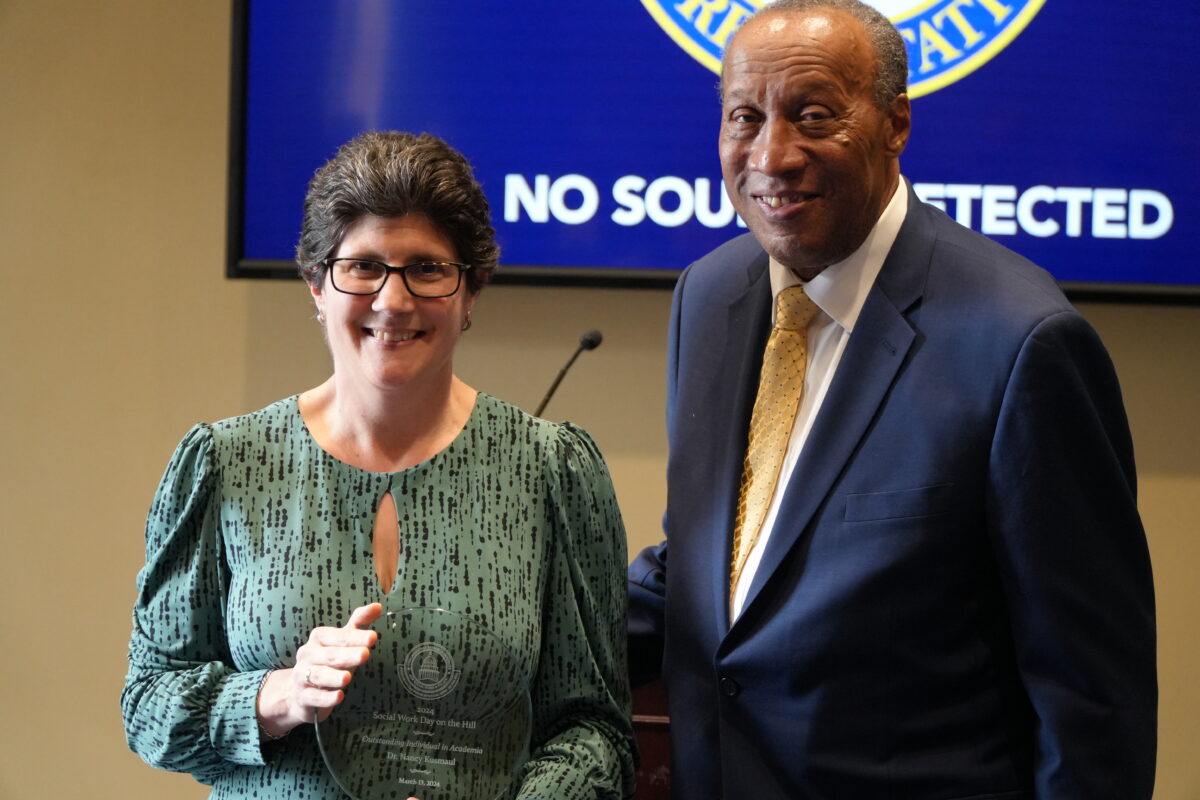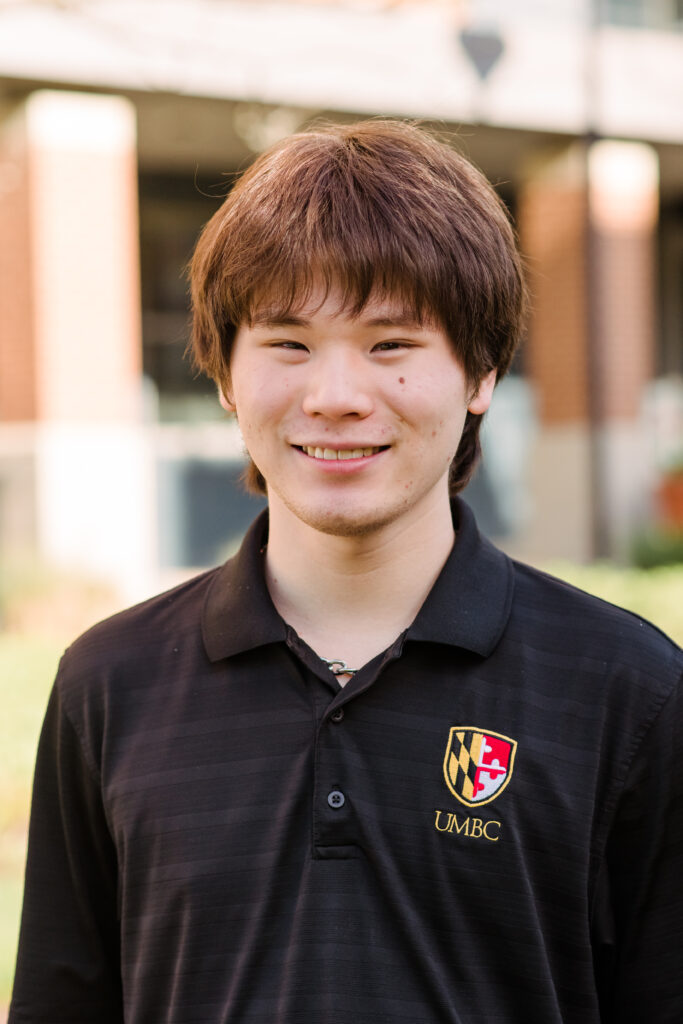A Scholar of Great Gravity
Senior physics major Philip Graff will follow the path of science greats Isaac Newton and Stephen Hawking to Cambridge University as the second UMBC student in the past two years to win the Gates Cambridge Scholarship, one of the world’s most selective academic awards.
Graff, who will pursue a Ph.D. in physics, was one of just 45 U.S. winners chosen from more than 600 applicants and 119 finalists. He is UMBC’s second consecutive Gates Cambridge Scholar, following alumnus Ian Ralby ‘02, who won in 2007.
A native of Manalapan, NJ, Graff came to UMBC on a full scholarship through the University Fellowship program and is a member of the Honors College. “Philip’s combination of self-confidence, high social intelligence and understanding of his work made it very difficult for my colleagues to believe that he was only beginning his junior year,” said Markos Georganopoulos, research assistant professor of physics at UMBC and Graff’s mentor. “He built an excellent physics and mathematics background, which will serve him extremely well as he advances toward his Ph.D. His success is a living proof of what can be achieved at UMBC.”
For Graff, the Cambridge experience will be an opportunity to follow in the footsteps of some of history’s greatest physicists (such as Isaac Newton) and hopefully to meet a personal hero, Stephen Hawking of A Brief History of Time fame. “It’s said that Cambridge has been home to more Nobel Prize winners than all of France, so it’s an amazing honor to study there,” said Graff. “I consider Hawking one of the great minds in the field, so I really hope to meet him.”
An astrophysicist, Graff studies what gravitational waves (caused by the interactions of binary stars and other massive bodies) can tell us about the large scale structure and history of the universe. He created a computer model of quasar radiation as an undergraduate at UMBC and worked with one of the world’s most sensitive scientific instruments, the Laser Interferometer Gravitational-wave Observatory (LIGO), during a National Science Foundation fellowship at Caltech. His quasar work is the topic of a research paper currently under refereeing with the Astrophysical Journal.
The Gates Cambridge Scholarship was created in 2000 by the Bill and Melinda Gates Foundation, which donated $210 million to establish the Gates Cambridge Trust. The award fully funds one to four years of graduate study in any field at Cambridge University. Other U.S. winners for 2008 included students from Harvard, Yale, MIT, Princeton and other prestigious universities.
(2/25/08)
© 2007-08 University of Maryland, Baltimore County 1000 Hilltop Circle, Baltimore, MD 21250 410-455-1000



